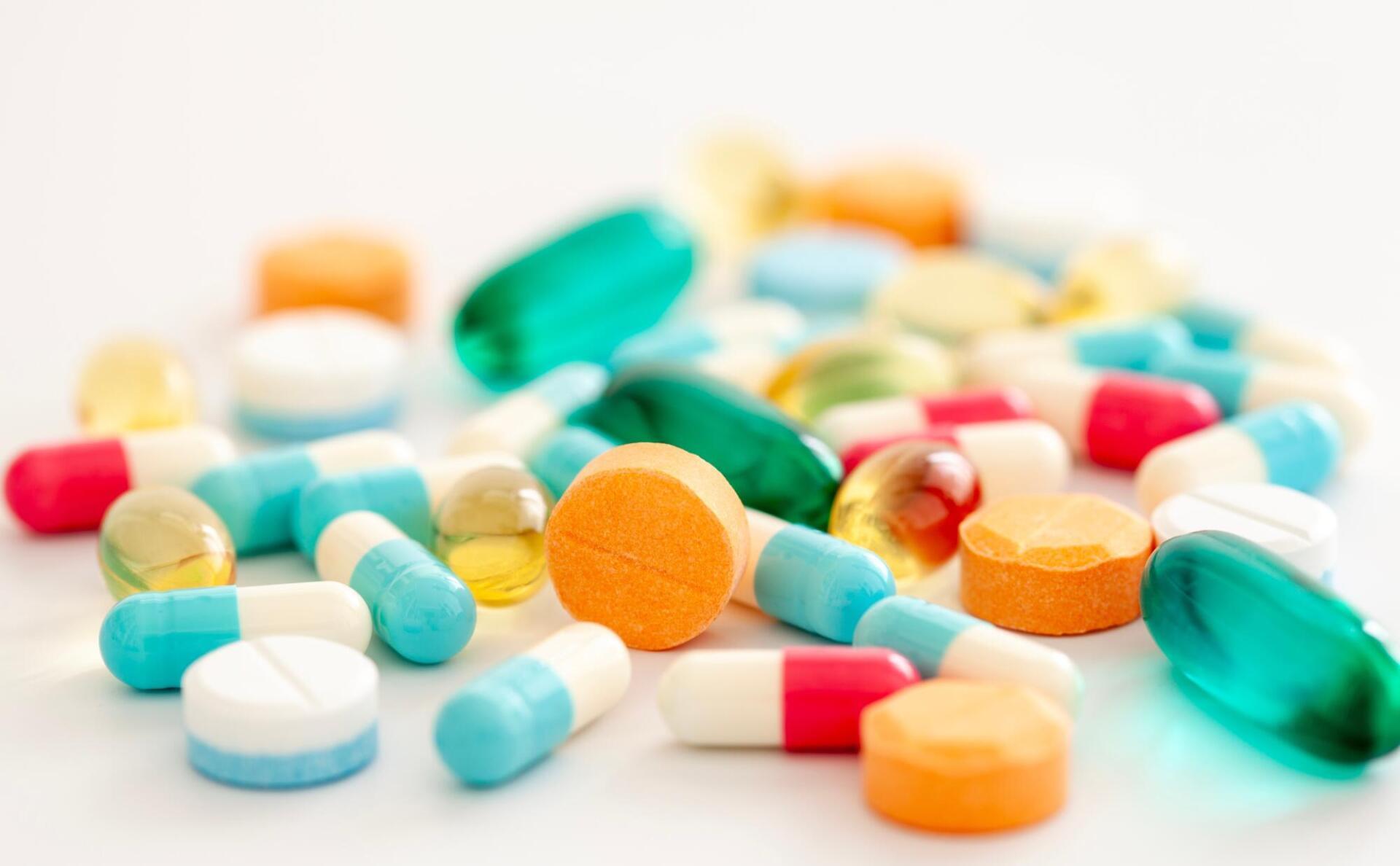
Pharmaceuticals
A study conducted by Science Direct in 2016 found 47 different medications in sourced water samples. Although fewer were detected once the water was treated, some remained. There are also no current regulations in the U.S. when it comes to pharmaceutical contamination.
There has not yet been a link established between pharmaceutical contamination and increased health risks. However, there is also the possibility that water containing medications can interact with the medications people regularly take, whether it's prescription medication or over-the-counter (OTC). That interaction can be harmful.
While a definite link has yet to be found, that does not mean you shouldn’t try to prevent this type of contamination from happening to your water supply. Don’t simply throw unused medications away by flushing them down the toilet. Your local pharmacy can help you dispose of them properly.
Meanwhile, the water experts at Mel's Water/CIMS Water Solutions can install a filtration system in your home to prevent pharmaceutical contamination from elsewhere. Contact us today to get started.
Contact Us Today for a Free Water Test & Diagnosis
Proudly serving Geauga County, Lake County, Summit County, Portage County and Stark County!
(*) - Required field
